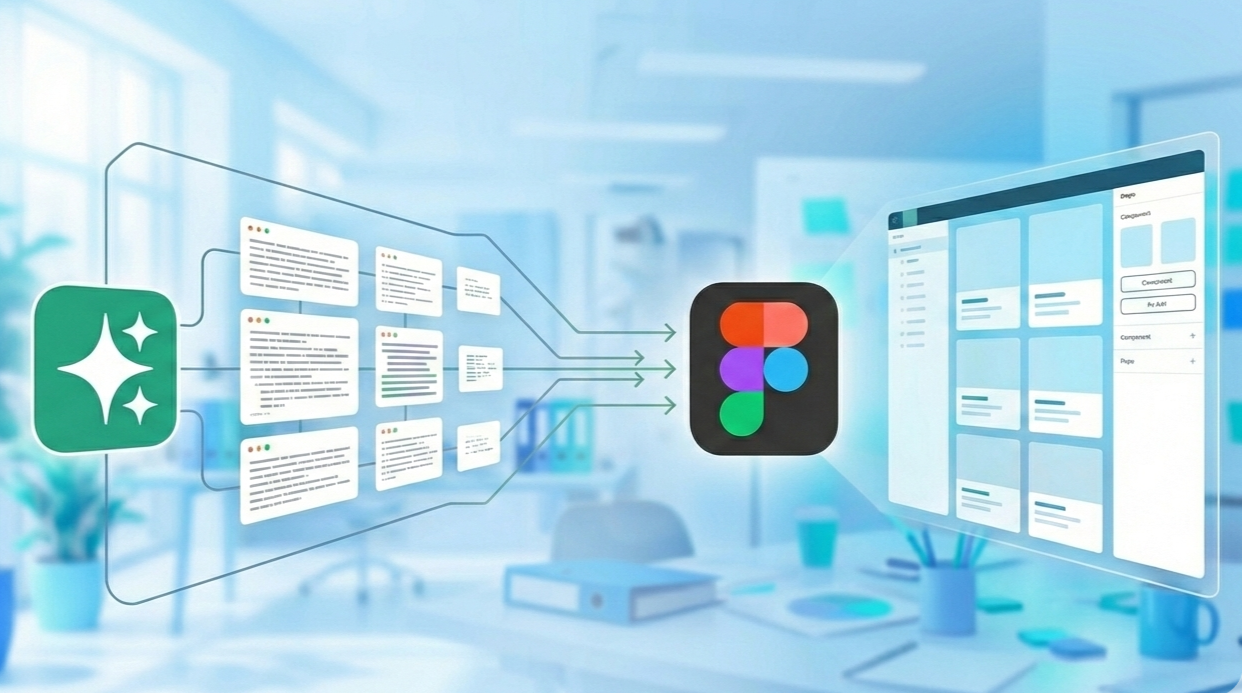
A transparent, decentralized, and human approach to compensation
Let’s face it, salary decisions in most companies feel like a black box. You work hard, get good feedback… and still wonder: Am I being paid fairly? Who decides that, anyway?
At Kaizen, we decided to do things differently.
We built a transparent and collaborative salary policy, one that doesn't rely on negotiations behind closed doors, or a single person pulling the strings. Instead, it's a decentralized, data-informed system that values fairness, context, and sustainability.
Here’s how our salary policy actually works, and why we believe it reflects the culture we’re building every day at Kaizen.
From a Centralized Bottleneck to a Collaborative System
In the early days, our CEO, Bruno, handled all salary reviews. His intentions were fair and well-meaning, but the process just wasn’t scalable. Reviews took time, data was hard to update, and decisions were largely centralized.
So a few Kaizeners decided to change that.
Martin (our Agile Coach), along with Nacho and Eduardo (two of our tech leads), proposed a change. They started codifying the values and principles Bruno used to make decisions and turned them into a transparent, repeatable process the whole company could see.
They focused on four main goals:
- Standardize the principles that guide compensation.
- Reduce how long salary reviews take.
- Replace case-by-case negotiation with proactive, periodic reviews.
- Open up the process so more people could contribute, not just leadership.
The Four Pillars of Our Compensation Model
We based our salary policy on four clear, concrete pillars. Each one helps us make decisions that are fair, sustainable, and rooted in reality.
1. Market Competitiveness
We subscribe to trusted market surveys (CPA Ferrere and Búsquedas IT) and build salary bands by role and experience.
Instead of guessing or benchmarking against vague “industry averages,” we aim to land between the 20th and 80th percentile of real-world salaries. This gives us flexibility to reward growth while staying competitive across roles.
2. Real-World Purchasing Power
A salary isn’t just a number, it’s what it can actually buy.
That’s why we track inflation, currency fluctuations, and cost of living. We don’t just raise salaries because it’s time; we raise them when people’s actual purchasing power is impacted. It’s about making sure people can live well, not just look good on paper.
This principle of real-world stability also applies to when you get paid. We pay salaries on the first day of each month. If that day is a holiday or weekend, you get paid on the last business day of the previous month.
3. Business Sustainability
We’re transparent about the fact that salaries are a big investment, and we need to manage them responsibly.
We track our Gross Margin (revenue minus direct project costs), and aim to keep it around 50% to stay healthy. Every proposed salary adjustment gets run through simulations to see if it keeps us on track.
It’s a way of saying: yes, we care about people, and we also care about keeping this company strong for the long haul.
4. Internal Equity
Similar work should mean similar pay across different departments, with room to recognize impact.
We use years of experience as our starting point (it’s a reliable guide about 80% of the time), and then enrich that with input from team leads and principals. This helps us identify people who are growing fast and contributing at a higher level, even if they’re earlier in their careers.
How a Salary Review Actually Works
Anyone at Kaizen can request a salary review, for themselves or a colleague. But we also run company-wide reviews twice a year (around March and September), and on every Kaizener’s yearly anniversary.
Here’s what the process looks like:
- Update the Data: We bring in fresh market numbers and adjust our salary bands.
- Analyze the Business: We review company metrics like Gross Margin and economic indicators.
- Evaluate Individually: We assess each person’s place in their band using experience, feedback, and performance.
- Run Simulations: Before making any changes, we simulate the financial impact to ensure company health.
- Build the Proposal: All proposed changes are put together in one doc.
- Final Review: Bruno steps in here for a final pass; not to make top-down decisions, but to ask thoughtful questions and give input.
- Communicate: We sit down with each team member and talk through the outcome and reasoning.
Why This Matters
Our salary policy isn’t perfect. But it’s transparent, thoughtful, and built by the people who live it every day.
It reflects who we are as a company: collaborative, transparent, and constantly evolving. And because we value that long-term commitment, we have other ways of showing it. For example, after three years at Kaizen, your personal laptop bought with an allowance benefit, is 100% yours to keep.
So if you’re someone who values honesty, ownership, and real context behind how things work, you might feel right at home here.
Curious to learn more about life at Kaizen or how we work?
Check out our open roles or reach out to jobs@kzsoftworks.com, we’re always happy to talk.





.png)









